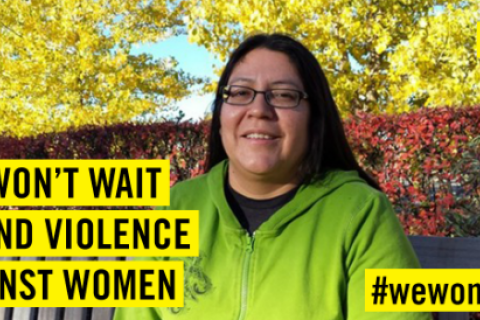On International Women’s Day, we reflect on the intersection of land rights and gender equity through a compilation of resources featured on the Land Portal’s platform. Women’s access to and control over land is fundamental to achieving sustainable development, economic empowerment, and social justice. However, despite international commitments, structural barriers continue to hinder women’s full participation in land governance.
The Gendered Landscape of Land Rights
The Land & Gender Issues Page on the Land Portal provides a comprehensive overview of the challenges and opportunities in securing women’s land rights globally. From discriminatory inheritance laws to lack of formal land documentation, women across the world face systemic barriers that limit their access to land and resources. Understanding these dynamics is crucial in shaping policies and interventions that foster gender equality.
Women’s Voices in Land Governance
A powerful way to amplify women’s voices is through dialogue and knowledge-sharing. Recent webinars have highlighted key discussions on gender and land rights, showcasing the expertise and lived experiences of women in different regions.
- In Gender and Biodiversity: How Indigenous and Local Community Women Safeguard Nature, panelists from Indigenous groups shared how their communities are tackling climate change by securing land rights, reinforcing the importance of intergenerational knowledge and leadership. The webinar shows how local community women are at the forefront of environmental conservation efforts.
- In the Mekong region, women are pushing for more than just token representation. The webinar, Women’s Participation in Land Governance in the Mekong: Moving Beyond Quotas to Meaningful Inputs examines how women in the region are striving for substantive engagement in decision-making processes.
Gender and Land: Shaping Policy and Practice
Several blogs on the Land Portal explore the complexities of gender and land governance, providing valuable insights into different contexts:
- Women and Land: Advancing Gender Equity in Land Tenure Across the Arab Region examines the unique challenges women face in the Arab world, where customary practices and legal frameworks often restrict their land ownership rights.
- What’s Gender Got to Do With Governance of Land? explores the deep-rooted biases that shape land governance and how feminist approaches can lead to more inclusive policies.
- Business as ‘Doing’ – How Gender is Operationalized in Land Governance in Working with the Displaced highlights how humanitarian and development organizations integrate gender-responsive approaches in their land governance programs, particularly for displaced communities.
Knowledge and Action: What to Read and Next Steps
For those looking to deepen their understanding, this What to Read digest offers curated resources on the intersection of land, food security, and women’s rights. One of the suggested readings reviews some often repeated myths in this intersection of topics, such as that women only own 1% of the world's land.
While myths can lead to misconceptions about women’s situation and result in ineffective policies, there is broad consensus among specialists and practitioners about the urgency of securing women’s land rights. Recent news and events underscore this message:
- Towards Climate Justice: Securing Women’s Land Rights for a Resilient Tomorrow highlights how ensuring women’s land tenure strengthens climate adaptation and resilience. (English only)
- As global conversations on conservation continue, Women’s Land Rights at COP16: Key to Equitable and Effective Conservation emphasizes the importance of integrating gender perspectives into international environmental policy. (English only)
Conclusion
International Women’s Day is a reminder that achieving gender equality requires dismantling barriers to land rights. Whether through policy reform, grassroots activism, or knowledge-sharing, the collective effort to secure women’s land rights must continue. By elevating women’s voices and experiences, we move closer to a world where land governance is truly inclusive and just.
Let’s use this occasion to recommit to advocating for women’s land rights—not just on International Women’s Day, but every day.





